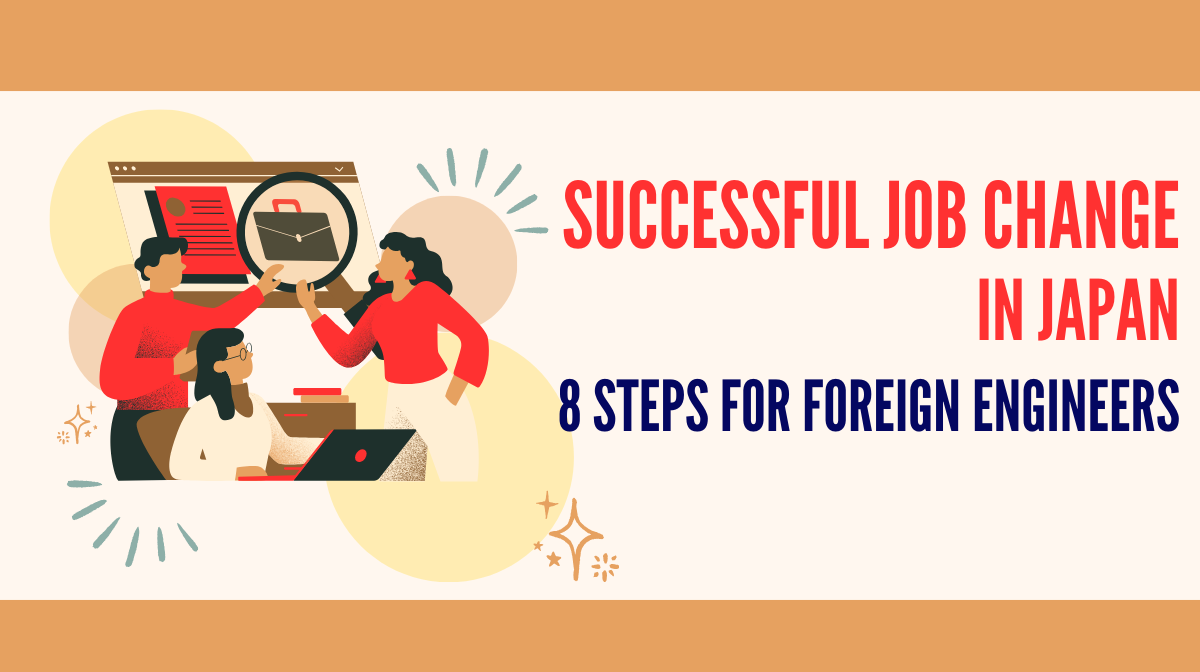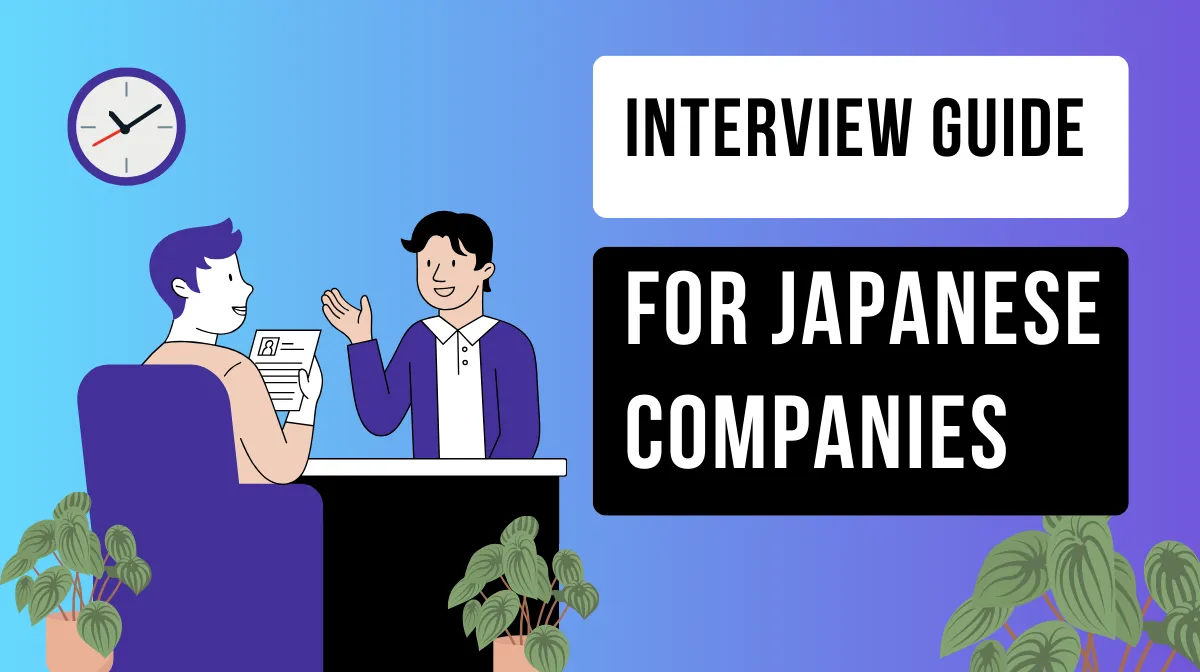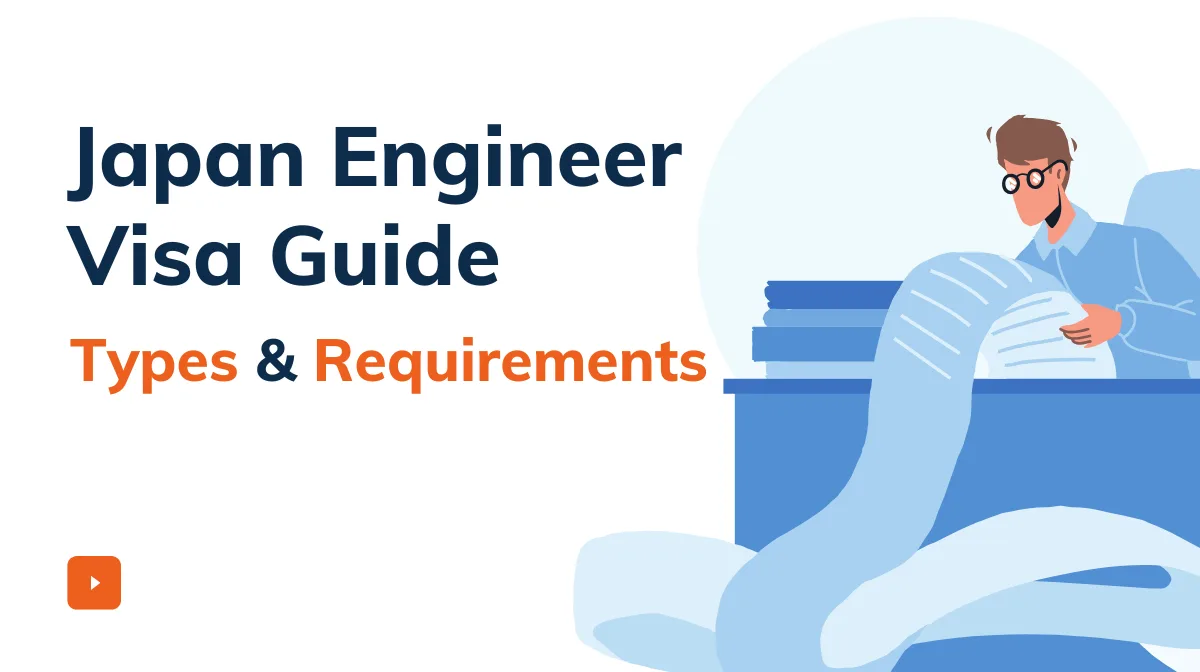Japan’s IT industry faces a critical talent shortage, creating unprecedented opportunities for foreign engineers. With up to 790,000 IT professionals expected to be in shortage by 2030, now is the perfect time for successful job change in Japan.
This guide outlines the strategic approach needed to navigate visa procedures and adapt to Japanese corporate culture.
- Master the 8-step process for successful job change in Japan.
- Navigate visa requirements and legal procedures efficiently.
- Balance technical skills with Japanese language abilities.
1.Why Japan Needs Foreign Engineers Now

Japan’s IT sector urgently needs international talent. The “2025 Cliff” problem threatens companies with up to 12 trillion yen in losses from outdated systems. This crisis creates immediate demand for modern technical skills that foreign engineers possess.
The government has made foreign engineer recruitment a national policy priority. This shift means better visa support, more English-friendly workplaces, and companies actively creating international environments.
Three Key Advantages Foreign Engineers Bring
Technical Expertise Japan Lacks
Many foreign engineers have extensive cloud experience with AWS, Azure, and GCP that Japanese companies desperately need. They also bring modern programming skills in Python, Ruby, and React—technologies essential for AI and big data development.
Exceptional Growth Mindset
Foreign engineers demonstrate remarkable ambition, having committed to international careers. Most continue studying after work and attend tech events on weekends, showing high dedication to skill improvement.
Global Perspective and Innovation
International engineers provide diverse viewpoints and innovative approaches that homogeneous teams often miss. This diversity represents significant value for companies expanding globally.
■Related Reading
Understanding Japan’s IT industry landscape is crucial for making informed career decisions and positioning yourself effectively.
2.8 Steps for Successful Job Change in Japan
Following this systematic approach ensures you navigate Japan’s unique job market effectively while maximizing your chances of securing ideal positions.
Step 1: Define Your Career Vision
Clarify exactly what you want from your job change. Consider your priorities:
- Salary increase targets and compensation expectations
- Preferred technical challenges and growth opportunities
- Work-life balance requirements
- Long-term career goals (5-10 years)
Step 2: Assess Your Market Value
Evaluate your technical skills and Japanese language abilities objectively. Rate your proficiency in programming languages, frameworks, and cloud services. Consider obtaining JLPT or BJT certification to provide objective proof of language capabilities.
Step 3: Research Japanese Work Culture
Understanding key cultural differences helps position yourself effectively. Japanese companies emphasize teamwork and quality while using careful, consensus-based decision-making.
They maintain respect for hierarchy but show growing acceptance of flexible work arrangements.
■Related Reading
Learning about cultural differences between Japanese and global tech environments will help you adapt more effectively to your new workplace.
Step 4: Plan Your Visa Timeline
Critical Timeline Requirements:
- Start job hunting with 6+ months left on current visa
- Visa processing: 1-3 months typically required
- Application preparation: 2-4 weeks minimum
- Buffer time for unexpected delays
Step 5: Create Compelling Applications
Japanese companies expect detailed career histories showing specific development projects, technologies used, your role, and measurable results. Emphasize soft skills like teamwork and problem-solving that Japanese employers particularly value.
Step 6: Target the Right Companies
Focus on companies that actively hire international talent, including global firms with English environments, startups embracing diversity, and traditional companies with internationalization goals.
Step 7: Excel in Interviews and Negotiations
Prepare for technical coding challenges and system design discussions. Practice explaining cross-cultural collaboration experiences. During negotiations, focus on comprehensive packages including salary, benefits, visa support, and professional development opportunities.
■Related Reading
Master the interview process with comprehensive preparation strategies tailored specifically for foreign engineers in Japan.
Step 8: Complete Legal Requirements
Handle essential procedures promptly. This includes residence status changes if job categories differ, institutional notifications within 14 days, and coordinating social insurance transfers between employers.
■日本でエンジニアとしてキャリアアップしたい方へ
海外エンジニア転職支援サービス『 Bloomtech Career 』にご相談ください。「英語OK」「ビザサポートあり」「高年収企業」など、外国人エンジニア向けの求人を多数掲載。専任のキャリアアドバイザーが、あなたのスキル・希望に合った最適な日本企業をご紹介します。
▼簡単・無料!30秒で登録完了!まずはお気軽にご連絡ください!
Bloomtech Careerに無料相談してみる
3.Legal Requirements Made Simple
Understanding these essential procedures prevents delays and ensures compliance with Japanese immigration law.
When You Need Visa Changes
Apply for status changes when shifting job categories significantly, such as technical roles to business positions or major field changes. Processing typically takes one to three months with proper documentation.
Required Notifications
Within 14 Days of Starting Work
- Report employer change through Immigration Services Agency online system
- Provide new company information and job responsibilities
- Late reporting penalty: up to 200,000 yen
Document Coordination Between Employers
From Previous Employer
- Pension handbook
- Withholding tax certificate
- Health insurance card return
To New Employer
- Submit pension handbook for continuity
- Provide tax certificate for year-end adjustment
■Related Reading
Get detailed guidance on visa types, requirements, and application processes specifically designed for engineers working in Japan.
4.Balancing Language Skills and Technical Expertise

Success comes from strategically positioning your strengths while addressing potential weaknesses in either area.
Language Level Reality
JLPT Requirements by Company Type
- Traditional Japanese companies: N2+ preferred
- International firms: N3 often sufficient
- Foreign companies in Japan: Basic conversational acceptable
High-Demand Technical Skills
Japan shows exceptional demand for specific expertise
- Cloud architecture (AWS, Azure, GCP)
- AI/Machine Learning (Python, TensorFlow)
- Modern web development (React, Node.js)
- DevOps and containerization (Docker, Kubernetes)
Build compelling portfolios through GitHub repositories with clean code, technical blog posts explaining problem-solving approaches, and contributions to open source projects. Creating README files in Japanese demonstrates language commitment alongside technical competence.
Cultural Adaptation Strategies
Master effective communication by asking clarifying questions openly and using written communication to supplement verbal interactions. Document decisions and show continuous learning commitment. Participate actively in team retrospectives that Japanese teams value highly.
■日本でエンジニアとしてキャリアアップしたい方へ
海外エンジニア転職支援サービス『 Bloomtech Career 』にご相談ください。「英語OK」「ビザサポートあり」「高年収企業」など、外国人エンジニア向けの求人を多数掲載。専任のキャリアアドバイザーが、あなたのスキル・希望に合った最適な日本企業をご紹介します。
▼簡単・無料!30秒で登録完了!まずはお気軽にご連絡ください!
Bloomtech Careerに無料相談してみる
5.Avoiding Common Mistakes

Learning from typical pitfalls helps foreign engineers navigate challenges more effectively and avoid costly setbacks.
Cultural Misunderstanding Prevention
During interviews, ask detailed questions about team dynamics and request office tours when possible. Understand decision-making processes and daily work routines. After hiring, seek regular feedback and address expectation gaps immediately.
Visa Timing Issues
Common Mistakes to Avoid
- Starting job search with less than 6 months visa remaining
- Assuming emergency processing will work
- Ignoring application deadlines and requirements
Begin early with adequate buffers, track required documents carefully, and consider renewal before job hunting if time becomes short.
Communication Challenges
Request technical interviews in English when appropriate and prepare key responses in Japanese. Use email and chat for important confirmations, ask for clarification without hesitation, and establish clear team communication protocols.
■Related Reading
Understand current salary ranges and compensation trends across different engineering roles to negotiate effectively in Japan’s market.
6.Success Stories from Foreign Engineers

These real examples demonstrate proven strategies that led to successful job change outcomes in Japan.
Startup to Enterprise Transition
An Indian engineer with three years startup experience successfully moved to a major IT company.
His strategy combined technical expertise with Japanese language commitment by obtaining JLPT N1 and writing technical blogs in Japanese. Active GitHub contributions showcased coding abilities, resulting in significant salary increases.
Career Field Pivot with 30% Salary Boost
A Chinese engineer transitioned from system development to AI/ML, achieving substantial compensation growth.
He self-studied Python and TensorFlow while participating in Kaggle competitions. By positioning combined system and AI knowledge as unique value, he secured favorable employment conditions.
Technical Excellence Over Language Barriers
An American engineer with N3-level Japanese secured an excellent position through technical expertise alone.
He emphasized AWS certifications and Kubernetes knowledge while conducting interviews entirely in English, focusing on technical presentations and detailed project case studies.
7.Service and Tool Recommendations
Leveraging the right resources and platforms significantly improves your job search efficiency and success rates.
Specialized Support Options
Foreign engineer recruitment agencies provide bilingual career consulting, visa guidance, cultural adaptation support, and access to international-friendly companies. These services address unique challenges that general agencies often overlook.
Portfolio Development Essentials
Key Platforms for Success
- GitHub: Code repositories and technical demonstrations
- Qiita: Japan technical community engagement
- LinkedIn: Professional networking and visibility
- Personal blog: Thought leadership and expertise showcase
Strategic Job Search Approach
Target companies with proven international hiring success, including established global firms, diversity-focused startups, and traditional companies with clear globalization strategies.
8.Achieving Successful Job Change in Japan
Foreign IT engineers face exceptional opportunities in Japan’s current market. With severe talent shortages and government support, now is the ideal time for career advancement.
Success requires strategic planning that balances cultural understanding with technical excellence. Focus on companies hiring internationally, prepare thoroughly for visa requirements, and maintain enthusiasm for contributing to Japan’s technological growth.
Your international expertise represents exactly what Japanese companies need. With systematic preparation and realistic expectations, successful job change in Japan becomes an achievable reality.





















